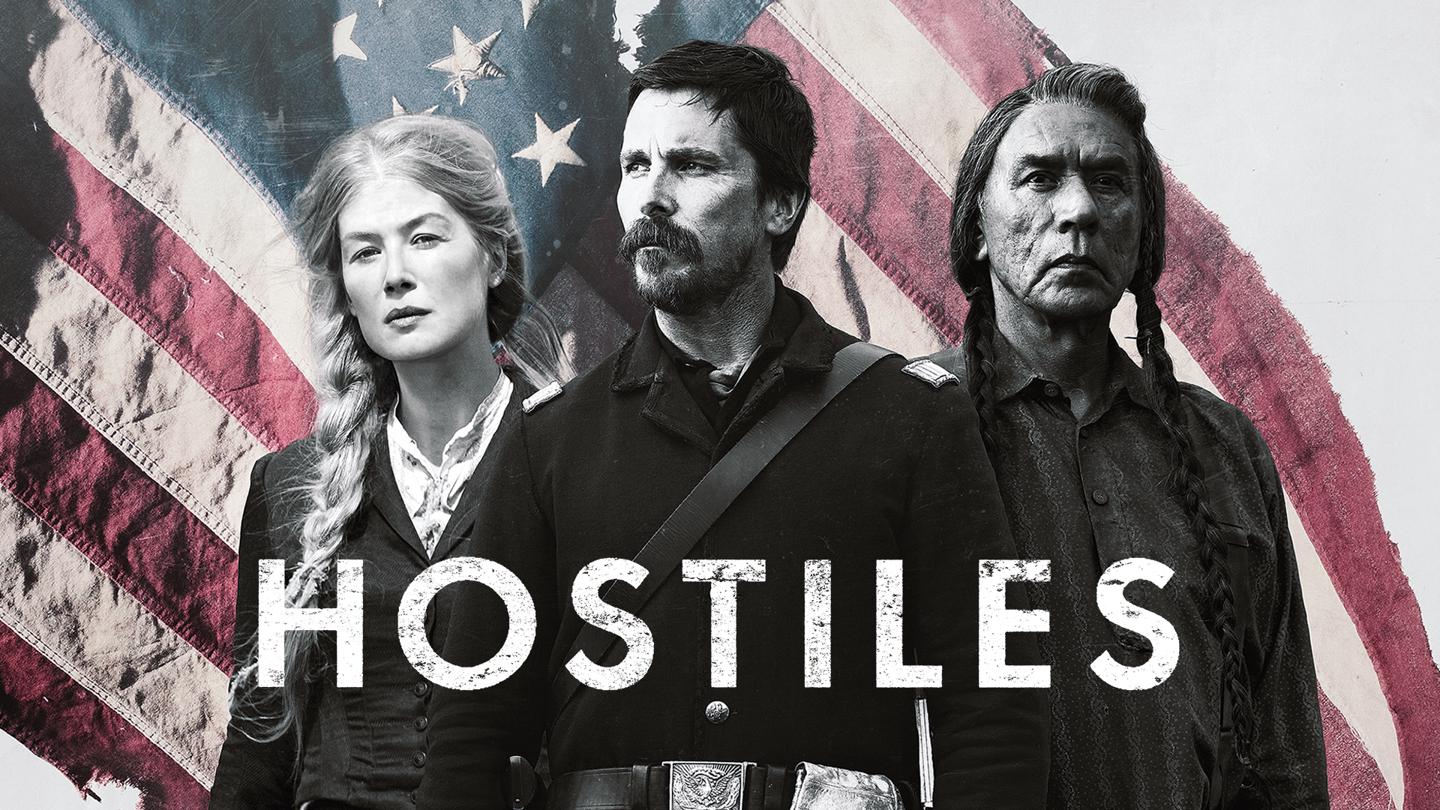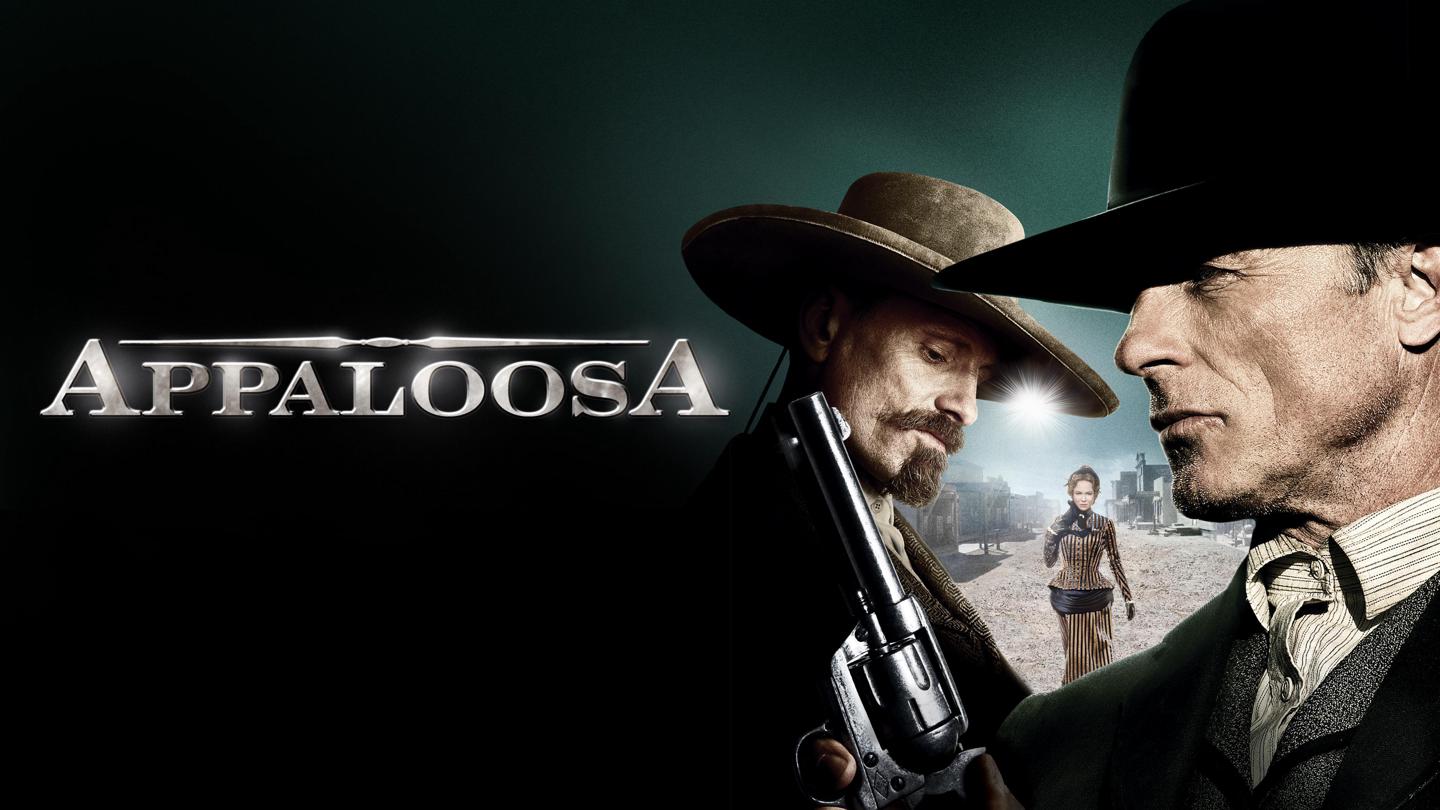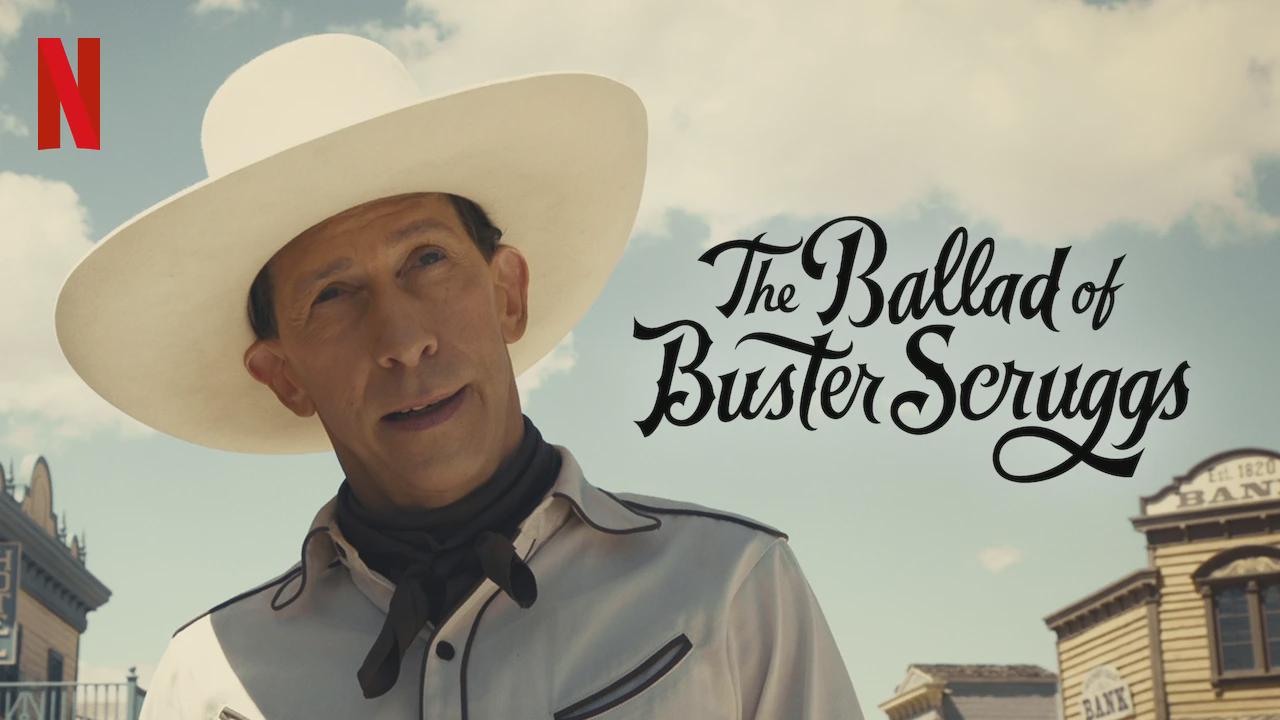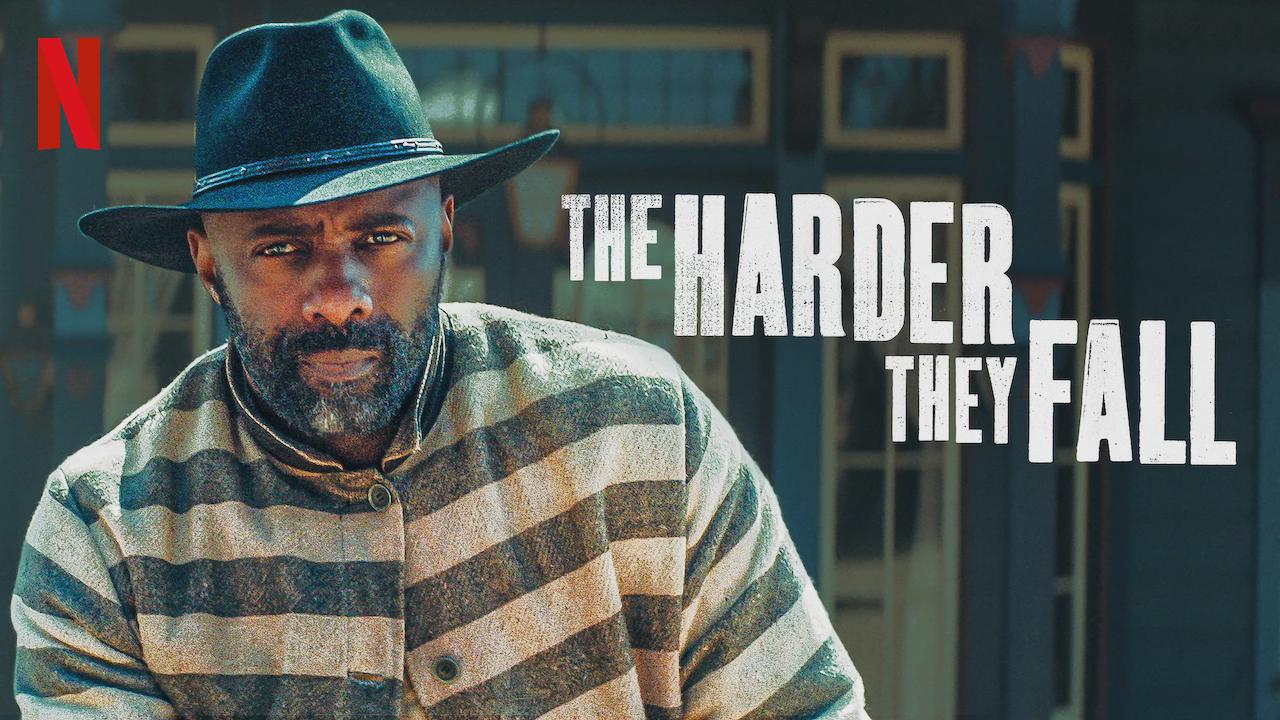
Quick Info
Hostiles is one of those modern Westerns that comes in quietly, loaded with more grit and heartache than gunplay. Set in 1892, it follows Captain Joseph Blocker (played by Christian Bale) as he reluctantly escorts a dying Cheyenne chief back to his ancestral land. From the very first scene, the film’s tone is heavy, almost haunting. Director Scott Cooper doesn’t rush through the setup, taking his time to let you sit with the violence and pain that shaped Blocker’s life. It’s not a fun watch, but it’s absorbing in a way I didn’t expect.
What really stood out to me was just how somber everything feels. The landscape is breathtaking and brutal all at once: endless plains, dust-choked sunsets, and that sense of danger lurking just outside the frame. The cinematography leans into the harsh beauty of the American West, almost making the land itself a character in the story. There’s a lot of silence, too, not just in dialogue but in the way characters move and look at each other. It feels authentic, like the script trusts the audience to fill in the blanks with their own emotions.
Christian Bale really pulls you in. His performance is layered and often wordless. Blocker is this man who’s done awful things in the name of duty, and you can see every bit of regret and self-loathing in Bale’s face. Equally impressive is Rosamund Pike, playing a widow whose family is killed in the movie’s brutal opening. There’s a scene early on when she’s shell-shocked and desperately clinging to a blanket, and Pike nails it without saying much. It’s painful to watch but so real.
The film has a deliberately slow pace, and for the most part, it works. Cooper wants you to carry the weight of these characters, and honestly, by the halfway point, I started to feel it. Sometimes the pacing does teeter on being too slow, though, especially in the third act. There are stretches where it seems like not much is happening beyond riding and brooding. I get that it’s intentional, but there were moments I wished for a little more forward momentum.
The themes here are heavy. Hostiles is about forgiveness, racism, and confronting the past, and it never sugarcoats anything. There’s a scene where Blocker and Chief Yellow Hawk (Wes Studi, dignified as always) have a conversation by a campfire. It’s tense and awkward because you know they’ve both seen and done terrible things. The movie gives these moments space and doesn’t rush to neat emotional resolutions. That honesty elevates it above most modern Westerns that try to paint things in black-and-white.
Where the film stumbles a bit is in its supporting characters. There are a handful of sidekicks and soldiers, some played by recognizable faces like Jesse Plemons and Ben Foster, but they’re mostly there to underline a point or push the plot. I wanted more from them, especially Foster, who usually eats these roles up. Instead, most of them blend into the background, and their arcs wrap up quickly or unsatisfyingly.
Tonally, Hostiles is pretty bleak. This isn’t a Western with wild shootouts or sunny days. It wallows in sorrow, and the violence, when it comes, is swift and jarring. Some viewers might check out because of how relentlessly grim it gets in parts. But for me, that’s actually what makes it work so well. There are real stakes here, and nothing feels sanitized or cheap.
Ultimately, Hostiles left me with mixed feelings. It’s beautifully shot, impeccably acted, and honest to a fault about the darkness of its subject matter. But it’s hard to say I “enjoyed” it. It’s more like something you endure, and by the end, you’re left with a mixture of sadness and relief. If you want a Western that avoids clichés and makes you sit with the ugliness behind the mythology, this one is absolutely worth your time.
The R8 Take
Hostiles isn’t the kind of Western you throw on for fun, but it burrows deep and sticks with you. It’s rough, raw, and closer in spirit to something like Unforgiven than any John Wayne classic.



